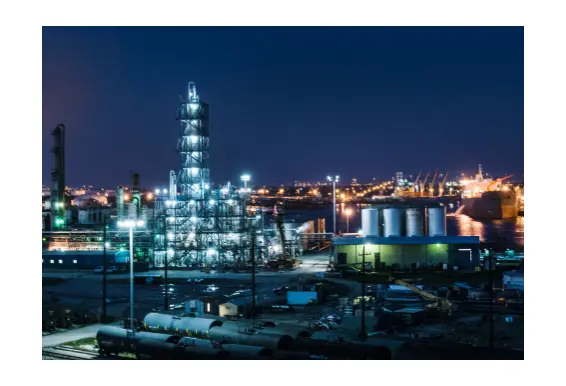Hydraulic Fracturing
Module
About the Skill Module
The reality is that the industry began fracking conventional gas wells in 1947 in the Hugoton Field in southwest Kansas. What is relatively new is the technology and tools which allow us to place multiple hydraulic fracture stimulations along a single lateral in a horizontally drilled unconventional well. This skill module covers basic rock mechanics, stimulation design considerations, and optimum fracture length at the core level. It covers both fracture acidizing and propped hydraulic stimulations. It reviews propped hydraulic fracturing for both the conventional sandstone reservoirs and unconventional shale reservoirs and explains why the techniques are different.
Target Audience
Petroleum engineers, production operations staff, reservoir engineers, facilities staff, drilling and completion engineers, geologists, field supervisors and managers, field technicians, service company engineers and managers, and especially engineers starting a work assignment in production engineering and operations or other engineers seeking a well-rounded foundation in production engineering.You Will Learn
Participants will learn how to:
- Describe the significance of rock mechanics in all relevant production engineering operations
- Describe the most common non-chemical stimulation methods, their objectives and limitations in conventional resources plays
- Describe the most common non-chemical stimulation methods, their objectives and limitations in unconventional resources plays
- Describe the basic principles of hydraulic fracturing in conventional plays, the difference between acid and proppant treatments, and how to select optimum stimulation candidates
- Describe the basic principles of hydraulic fracturing in unconventional resource plays, the difference between slickwater and cross-linked treatments, and how to select optimum stimulation candidates




